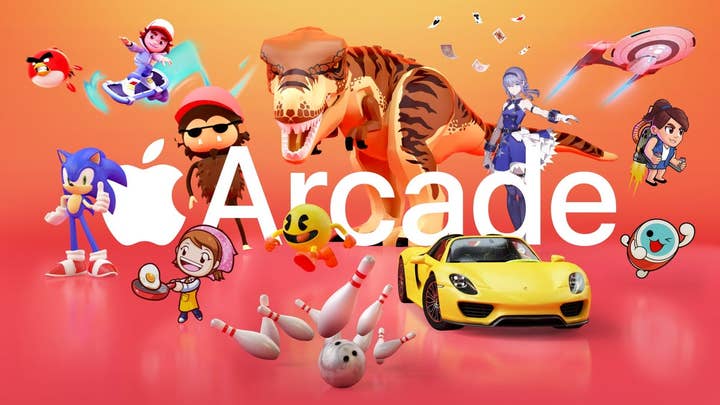Mobile developers describe working with Apple Arcade as a "very difficult and long process"
Developers note issues with poor tech support, response times, and discoverability
Developers who have created games for Apple Arcade are "unhappy", according to a new report.
Mobilegamer.biz asserts that studios have reported issues with getting timely responses from the Apple Arcade team, poor tech support, and problems with discoverability.
One indie developer alleged that they had to wait up to six months to get paid, "which almost put them out of business".
Others acknowledged that were it not for Apple's position to "pay well" and offer generous advances, some studios "would not exist today were it not for Apple funding its games."
"We were able to sign a good deal for our titles which covered our whole development budget," said one developer.
"Things have changed since the early times, it’s a very difficult and long process to sign a deal with Apple these days. The lack of vision and clear focus of the platform is frustrating and if there is any goal, it keeps changing every year or so. Also technical support is pretty miserable."
"We can go weeks without hearing from Apple at all and their general response time to emails is three weeks, if they reply at all," said another.
"We're supposed to be able to ask product, technical and commercial questions, but often half the Apple team won’t turn up and when they do they have no idea what’s going on and can’t answer our questions, either because they don’t have any knowledge on how to answer it, or are not able to share that info for confidentiality reasons."
Some developers had similarly uncomplimentary comments about the Vision Pro, which is described by some as "going back in time", as it is "not a machine built for gaming."
Others say that whilst they'd been approached to make games for Vision Pro, they weren't offered any compensation, nor marketing or promotion support.
The QA process also appears to cause unwarranted "painful" difficulties, with one QA and localisation process described as "submitting 1000 screenshots all at once to show you have every device aspect ratio and language covered."
Issues with discoverability are also rife, according to some respondents. One said it felt as though their game had "been in a morgue for the last two years" because Apple won't feature it.
"It’s like we don’t exist. So as a developer you think, well, they’ve given us this money for exclusivity… I don’t want to give them the money back, but I do want people to play my game. It’s like we’re invisible."
"I think Arcade knows who its audience is much more today than at the outset. If that doesn’t turn out to be high-concept artful indie games, that’s not Apple’s fault," said one more positive developer.
"If they can build a business on family games, good for them and good for the devs who can chase that opportunity."
"Given their status as a huge tech company it feels as if they treat developers as a necessary evil, and that we will do everything we can to please them for little in return, in the hope that they grace us with another project – and a chance for them to screw us over again," summarised another.
Apple has reportedly yet to respond to requests for comment.
Earlier this year, Epic argued that Apple violated the DMA after initially blocking its bid to launch on iOS.
Last month, the EU Commission found that Apple's rules of engagement did not comply with the DMA as it "prevent[s] app developers from freely steering consumers to alternative channels for offers and content."

